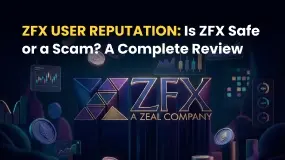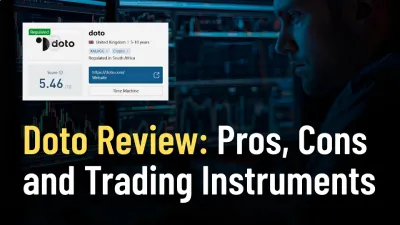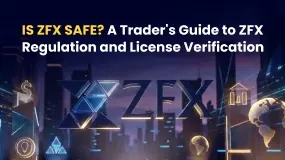Abstract:Master Forex trading with minimal start-up capital. Learn to balance emotions, devise winning strategies, and choose the right broker for success.

The Power of the Mind in Forex Trading
Forex trading is a highly competitive financial activity. However, its complexity doesn't just involve understanding various currencies, their correlations, or the geopolitical events influencing them. There's a psychological component that plays a crucial role in your success as a trader, especially when starting with minimal capital.
Forex trading requires the right mindset, one that balances risk and reward efficiently. Fear and greed, two potent emotions, often drive decision-making in the trading world. Being too afraid can prevent you from taking necessary risks, while uncontrolled greed can lead to rash decisions. Effective trading is about managing these emotions to make rational decisions.
Devising Successful Strategies
When you're dealing with minimal start-up capital, strategy becomes paramount. One popular approach is swing trading. This method involves capturing gains in a currency pair over a period of days to weeks. Swing traders usually rely on technical analysis, using charts to understand market trends and make informed decisions.

Scalping is another strategy suitable for those with minimal capital. It's a fast-paced approach, where you hold positions for just minutes or even seconds. While it can be stressful, it minimizes long-term risk and can lead to consistently small profits, which add up over time.
Remember, whichever strategy you choose, the aim is to protect your capital. Therefore, you should only risk a small percentage of your account on any single trade, usually 1-2%.
Choosing the Right Forex Broker

The role of a Forex broker is indispensable in trading. A good broker ensures smooth transactions, provides necessary trading tools, and offers suitable trading conditions. When starting with a small capital, you should consider the following aspects when choosing a broker:
Leverage: This allows you to trade more money than you have in your account. Higher leverage means more potential profit, but also more risk. Choose a broker offering a leverage level that aligns with your risk tolerance.
Spread: The spread is the difference between the buying and selling price of a currency pair. Brokers charge this fee each time you make a trade. A lower spread is advantageous when you're working with small capital.
Commission: Some brokers charge a commission on trades. It's better to select a broker with low or no commission to maximize your profits.
Additional Factors: Look for a broker regulated by a reputable financial authority. Also, consider the broker's trading platform. It should be user-friendly, stable, and have all the necessary tools for analysis.
Conclusion
Finally, managing your emotions, implementing an appropriate trading technique, and selecting the correct broker are the keys to success in Forex trading with a little initial investment. As a trader, you will have both successes and losses. However, the trick is to be consistent, learn from your errors, and never put more money at risk than you can afford to lose.
Forex trading isn't a 'get rich fast' gimmick. Patience, discipline, and ongoing learning are required. However, with the appropriate mindset and smart preparation, you may make the most of your little start-up cash and possibly generate big profits in the Forex market.
Get the WikiFX App on your mobile device to keep track of the newest updates. You can grab the App from this link: https://social1.onelink.me/QgET/px2b7i8n












